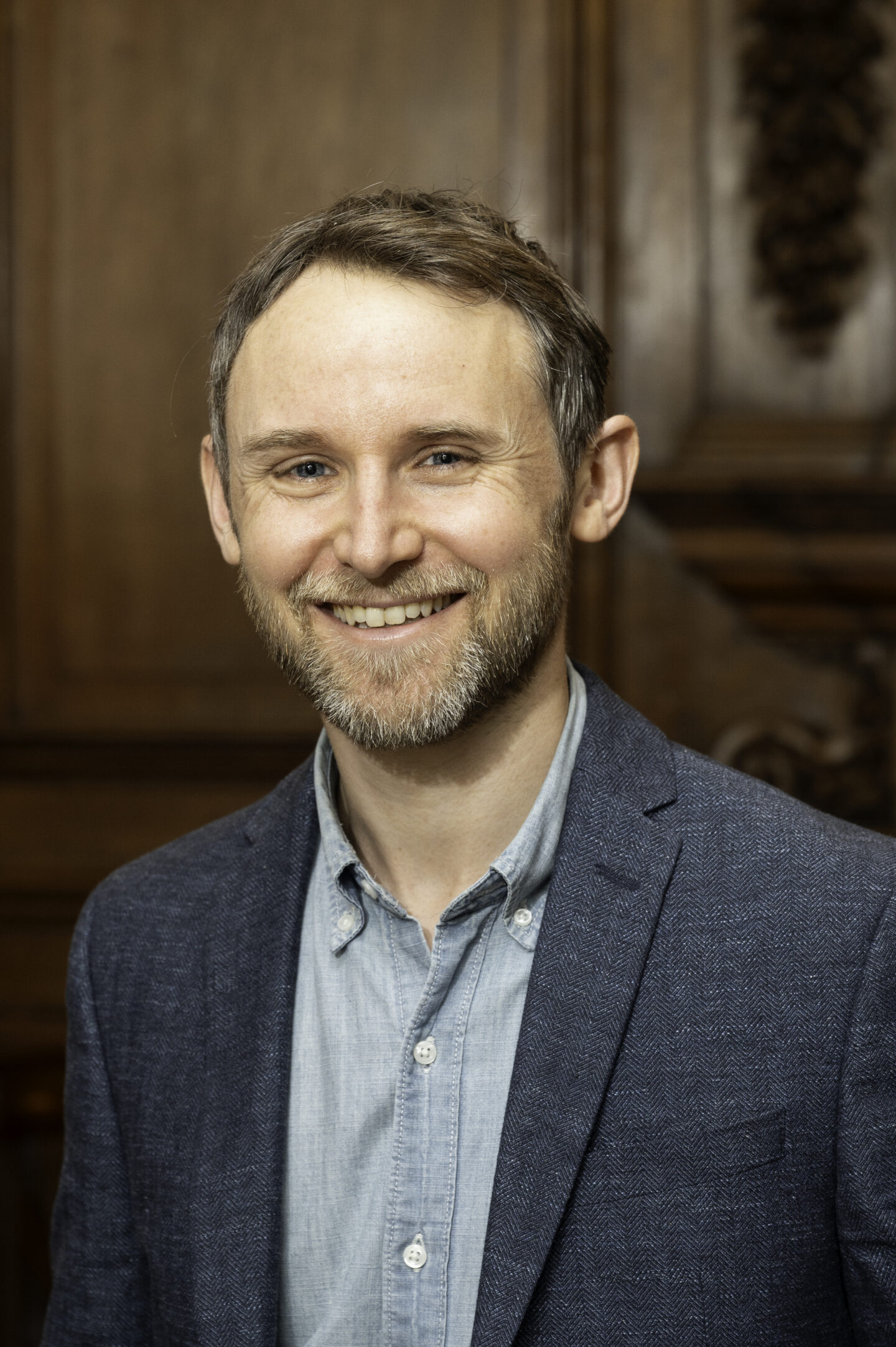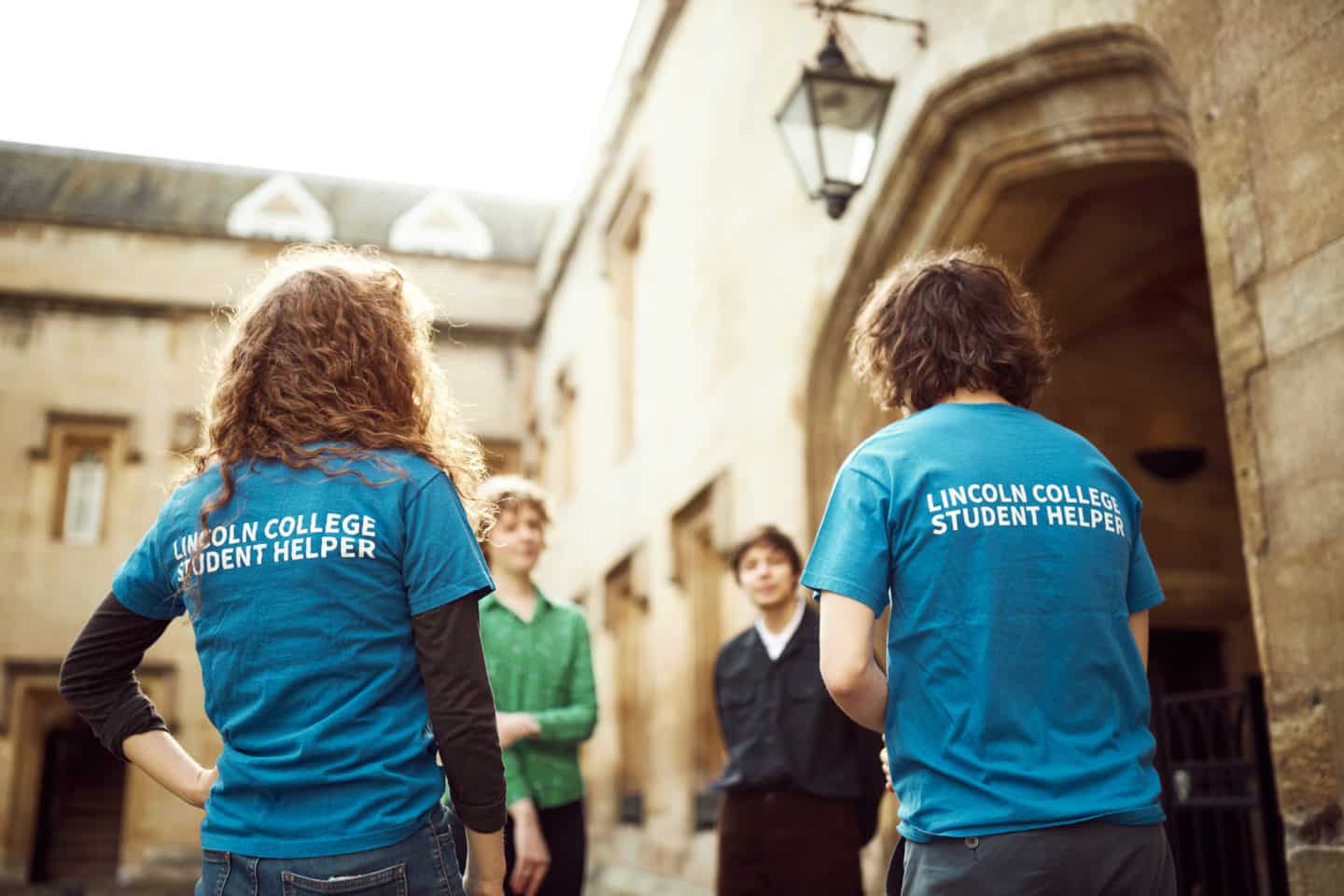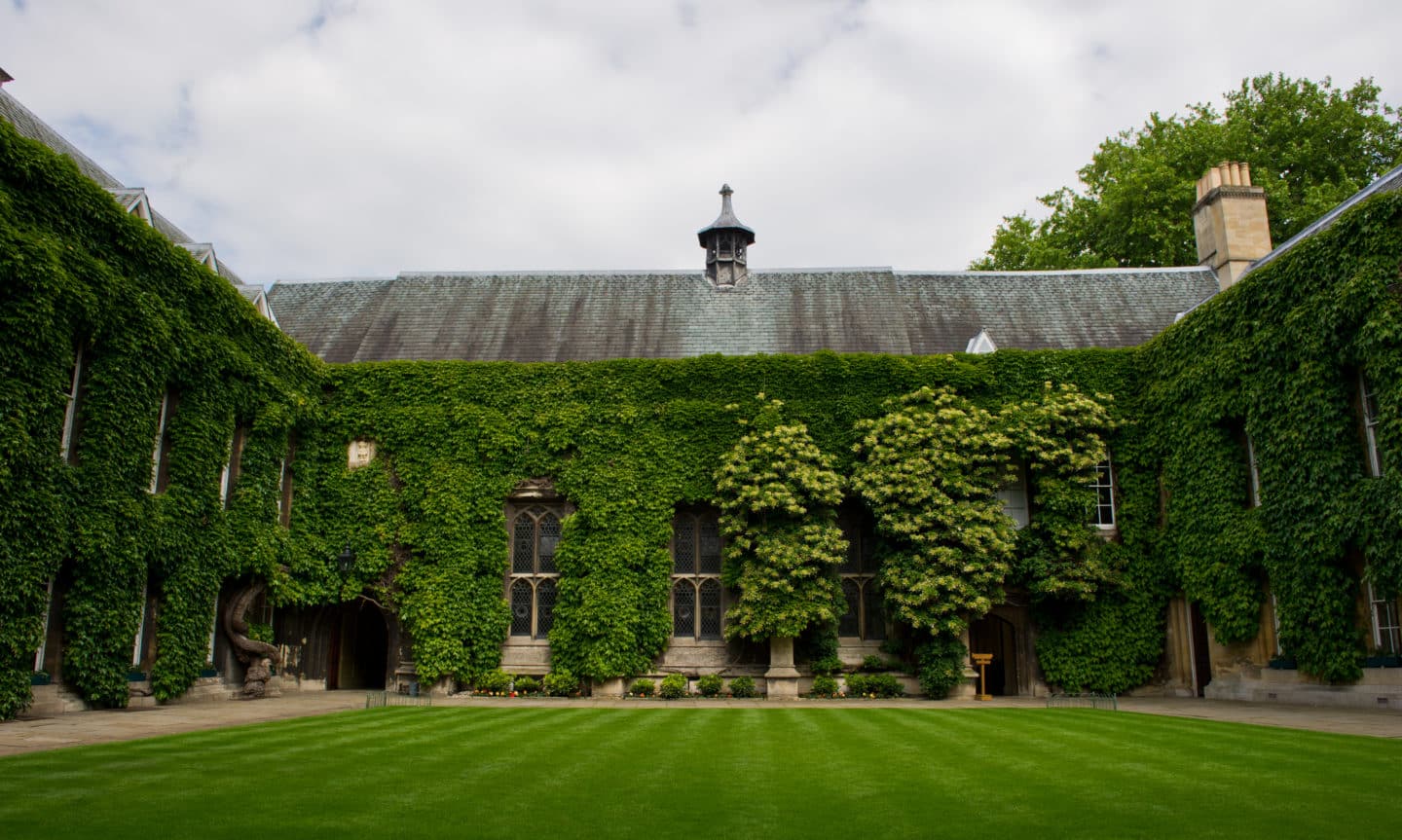
Biochemistry
- Years 4
- Places 6
- Tutors 3
- Ucas Code C700
- Grades A*AA
Biochemistry is the study of the cells, systems, and molecules that underpin all of life on Earth. Topics range from the origins of life and the nature of disease, to the development of individual organisms.
The course
Biochemistry in Oxford is a four-year course leading to an MSc-level degree. It consists of an introductory year (Prelim), two years of detailed study culminating in a comprehensive written examination (Part I), and a final year largely dedicated to research (Part II). Throughout these, the focus of biochemistry is on biological macromolecules, and how their interactions, regulation, modifications, and mutations bring about the phenomenon of life. Underpinning this course are world-leading laboratories primarily located in the Department of Biochemistry, which is one of the largest in the country and houses diverse research from infection to chromosome biology. Experts from departmental research groups serve as lecturers and tutors for our students, and offer opportunities for hands-on research during summer placements and the fourth year Part II project.
Why study Biochemistry at Lincoln?
Lincoln takes up to six students per year to study Biochemistry. The three College Tutors cover a wide range of expertise across the subject, meaning that between them they cover almost all tutorials throughout the three years, with additional topics covered by outside experts. This breadth of expertise helps students reach their full potential at Lincoln. Many Lincoln Biochemists go on to do further research degrees such as PhDs, as well as a diverse range of careers including teaching, management consultancy and law.
Lincoln's central location means that the Biochemistry department, where the majority of lectures and practical sessions take place, is around 10 minutes' walk. Additionally, Lincoln has a strong tradition of Biochemistry research, with a number of University Professors at the Dunn School of Pathology in addition to the Tutorial fellows. Biochemistry is well funded at the College, including a dedicated fund to help undergraduates undertake vacation research projects. There are also many Biochemistry DPhil and Master's students at the college. The rich and vibrant community makes for a lively environment with many Biochemistry-focused social and scientific events in the college over the academic year.
Admissions
Biochemistry at Lincoln has no special requirements aside from those set centrally. A good grasp of Chemistry (at A-level standard or equivalent) is required and we require at one more science subject or Mathematics at A-level or equivalent. We also require a third A-level, which can be an additional science or Mathematics or an Arts/Humanities subject. Along with past grades (e.g. at GCSE or similar) we give significant weight to your personal statement, which should clearly explain why you want to enroll in Biochemistry. Attending Open Days at Lincoln and the Department of Biochemistry can help you find out more about the subject, meet the tutors, and clarify your choices.
We strongly welcome applicants from schools that, historically, have not sent students to Oxford, as well as from international students.
Find out how to apply here.
Meet the Tutors

Dr Peter Sarkies
Tutorial Fellow in Biochemistry

Dr Mark Roberts
Lecturer in Biochemistry and Biomedical Science



